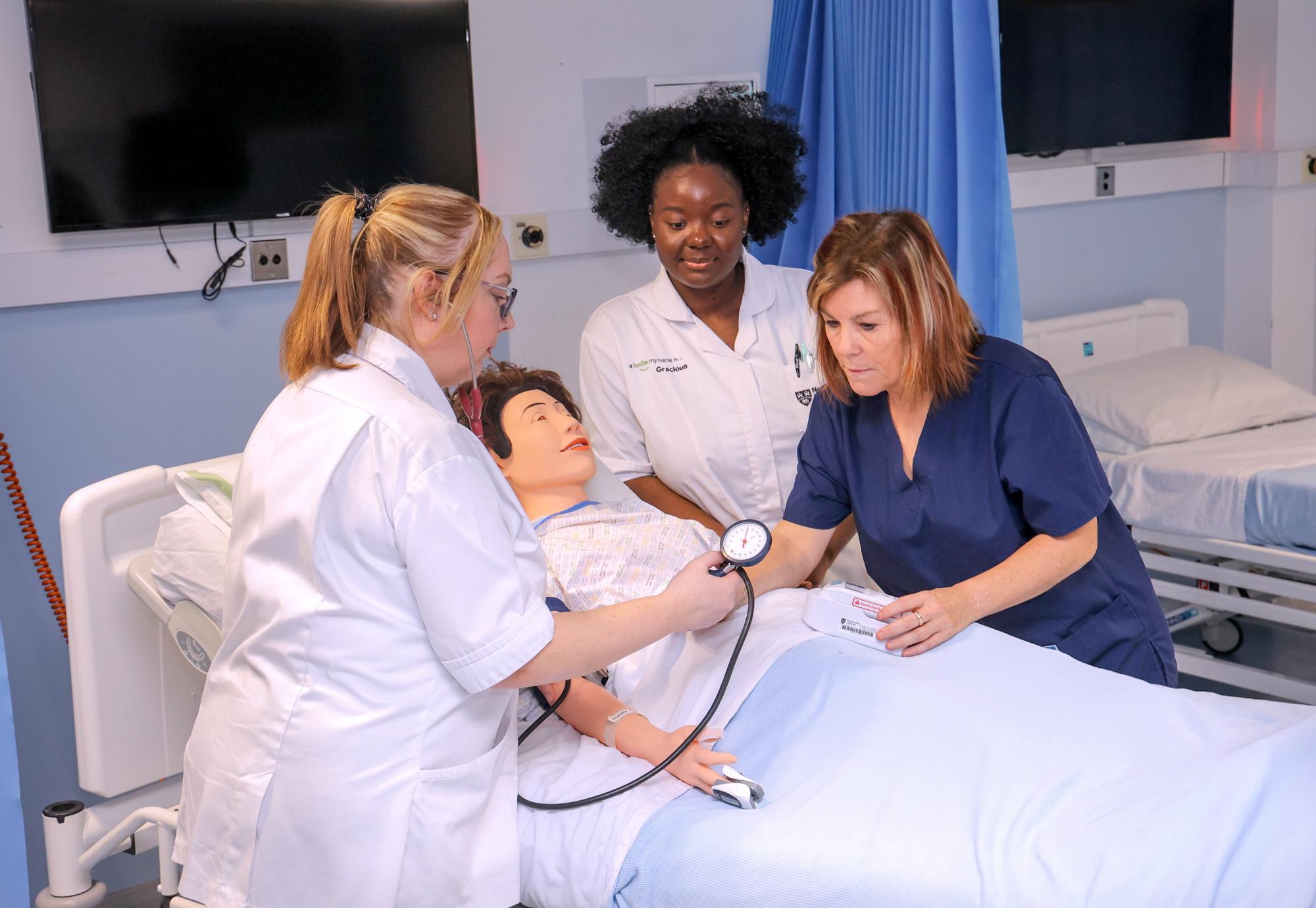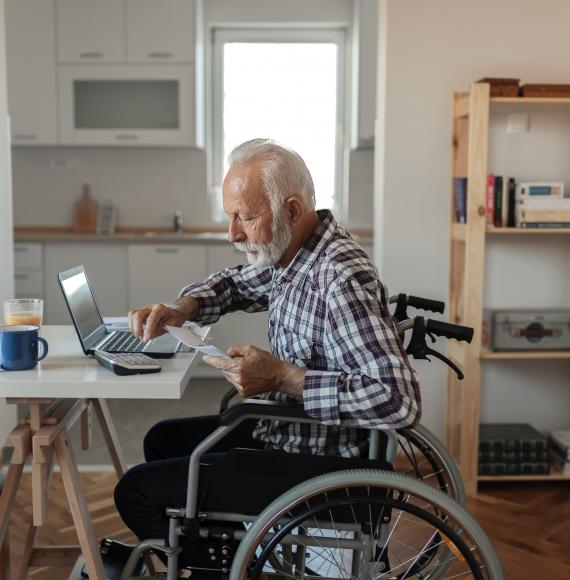As the NHS continues to face significant pressure to grow and upskill its workforce and to find more innovative and digital-led solutions to training, we talk to Professor John Unsworth OBE, Deputy Pro Vice-Chancellor for Health and Life Sciences at Northumbria University and Chair of the Queen’s Institute of Community Nursing, about the role of experiential and simulated learning in bolstering workforce development and helping to attract, train and retain professionals in the sector.
What are the key benefits of simulation-based learning, for both the learner and employer?
For students, a key benefit is the ability to work through issues without ‘real life’ pressure. They can make errors and learn from them in a supportive and controlled setting. Most students love simulation-based learning as it’s a chance to apply theory to practice and explore potentially rare but often life-changing or catastrophic events. For example, some students can complete their whole undergraduate programme without ever having seen a cardiac arrest, but it’s something they can experience during simulation-based learning.
In addition to developing clinical reasoning and other practical skills, simulation-based learning explores team leadership and team dynamics too. Some of these dynamics are called clinical human factors which can impact on individual and team performance and are often the root-cause of errors and patient safety incidents. Reducing error and harm from patient safety incidents is a key objective for employers, both NHS and private. Recruiting new employees who have studied these areas through experiential learning is of huge benefit to organisations.
Can simulated and experiential learning help to tackle the workforce crisis facing the NHS?
It can certainly play a part, although the impact is somewhat indirect. During open days and school-based visits to Northumbria University, people love touring the facilities. Having programmes with such strength in experiential learning and simulation acts as a draw for people wanting to join nursing, midwifery, and allied health profession programmes. Higher recruitment will support future workforce needs. In addition, ensuring that students are better prepared for their future role and the challenges they might face, can hopefully lower attrition rates.
Most health profession regulators allow some practice hours for registration to be based on simulation-based learning. As a result this approach can free up placement time, thereby allowing for the recruitment of more students onto that programme, without placing further demand on overstretched services.
What is the biggest concern about simulated learning in healthcare?
The single biggest concern is that it just isn’t real and that students might therefore use this as an excuse for sub-optimal performance, rather than learning from the experience. However, realism can be enhanced through the use of familiar equipment, realistic scenarios and through the use of actors to play key roles, for example the patient. Of course, there is still a need for manikins; you can’t create the altered physiology you would see in a real human being, unless they have that illness.
Do you believe there are limitations to simulated teaching?
There are limitations, but equally there are some invaluable benefits. For simulated learning to be valuable, the scenario doesn’t run in real time. We have various ‘time out’ shouts where we take stock and think about what needs to happen next. These time outs are an essential component of scaffolded learning where the teacher or facilitator supports the students in unfamiliar territory or with issues they haven’t faced before. If only we had that luxury in real life! Unfortunately, patients’ illnesses often progress at speed with little time for reflection.

How can workforce development leads find out about experiential learning?
We recently opened registration for a one-day, hybrid conference which will bring together health leaders from across the UK to explore how simulated teaching environments and experiential learning can help train the healthcare workforce of the future.
The event will take place on 15 May at Northumbria University’s City Campus and online. The line-up of speakers confirmed to date includes Professor Paula Holt MBE DL, Senior Nursing Advisor at the Nursing and Midwifery Council, Professor Alison Machin, Head of Department for Nursing, Midwifery and Health at Northumbria University and myself, with more to be announced in the coming weeks.
The panel discussion, titled ‘Myth-busting: the challenges, changes and concerns around simulated practice’, will be a key highlight and is designed to tackle head-on some of the most common misconceptions and concerns. We’ll also discuss and explore how simulation-based training can significantly benefit learners and organisations right across the sector.
To register for ‘Working Well in Healthcare: Transformative Experiential Learning and Simulated Environments’ or to find out more information about the event, please click here.


















